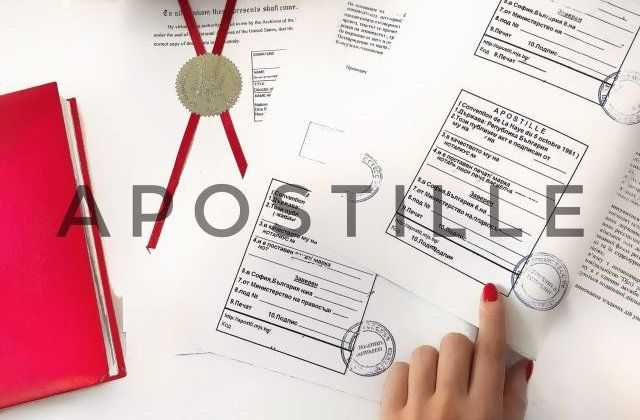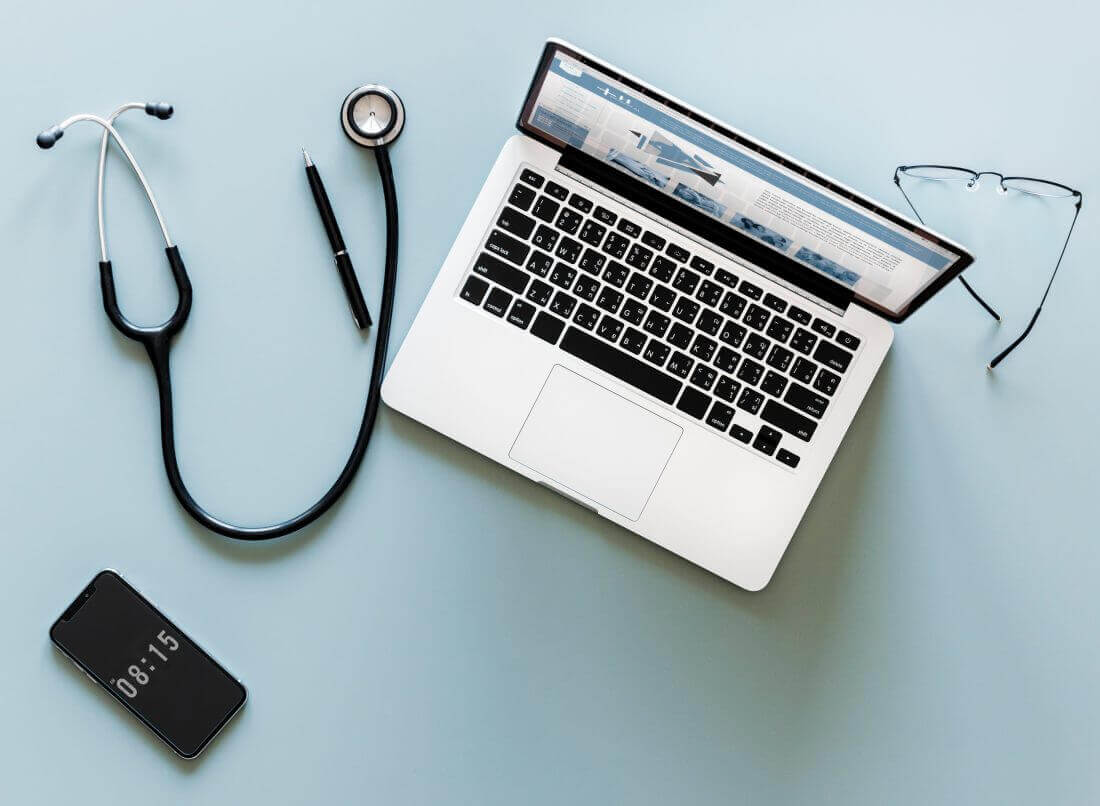In today's world, full of globalization and international connections, the preparation of official documents is becoming an integral part of many life situations. In such cases, it is extremely important to have a serviceable and reliable support - and a document translation agency is ready to become your partner. Let's take a look at the benefits of contacting them and why it's worth it.



